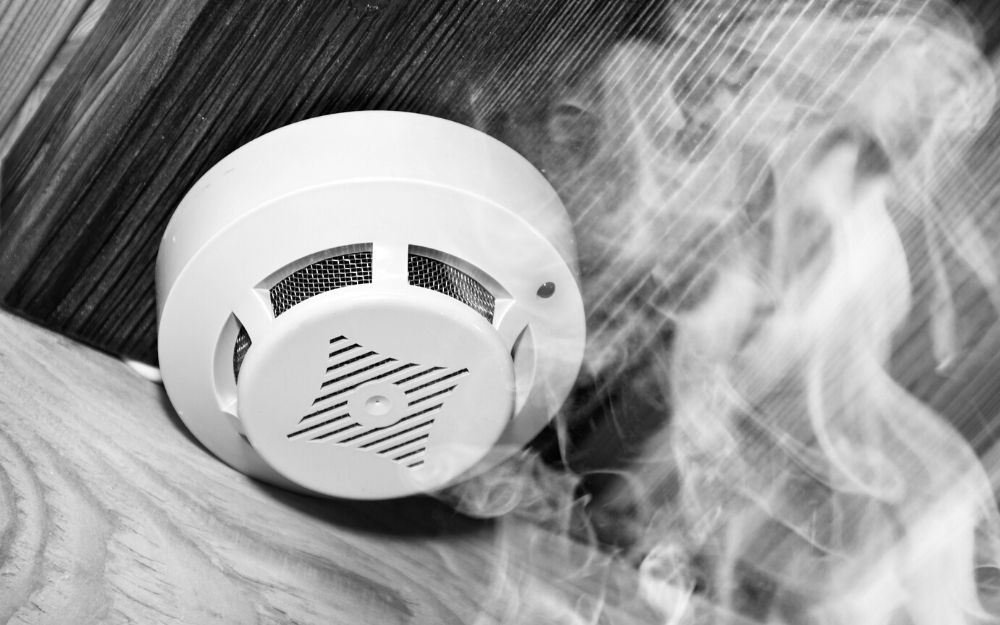Background
Following the 2011 Slacks Creek house fire which remains Australia’s worst fatal house fire, the Queensland Government introduced changes to fire safety laws in 2017 to ensure all residents are given the best chance of survival. Expert reports leading up to the changes highlighted the need for each dwelling (houses, townhouses (Class 1A) and units (Class 2)) to contain smoke alarms that are:
- AS 3789-2014 photoelectric compliant type;
- free of an ionisation sensor;
- hardwired or powered by a non-removable 10-year battery, or a combination of both;
- less than 10 years old;
- installed in each bedroom and in hallways that connect bedrooms to the rest of the dwelling. If there is no hallway, then between bedrooms and other parts of the storey; and
- interconnected with all other smoke alarms including across each storey so they all go off together (Prescribed Smoke Alarm).
The new fire safety regime introduced a 10-year three-stage rollout consisting of the following:
- Stage 1 (rolled out 1 January 2017) – all new dwellings and substantially renovated dwellings (this applies to building applications submitted from 1 January 2017) are required to have Prescribed Smoke Alarms. For existing dwellings where smoke alarms need to be replaced, they must be replaced with a Prescribed Smoke Alarm.
- Stage 2 (from 1 January 2022) – all smoke alarms for all domestic dwellings sold, leased, or existing leases that are renewed, must be replaced or installed with Prescribed Smoke Alarms. This may mean the installation of Prescribed Smoke Alarms into the bedrooms if there are none currently.
- Stage 3 (from 1 January 2027) – all existing private homes, townhouses and units must have Prescribed Smoke Alarms.
Stage 2 – Smoke Alarms and the Sale or Lease of Property
Stage 2 of the smoke alarm rollout will commence on 1 January 2022.
From 1 January 2022, the Fire and Emergency Services Act 1990 (the Act) requires landlords to have Prescribed Smoke Alarms in the residence where a new tenancy starts or an existing tenancy is renewed.
If the property does not meet the Stage 2 smoke alarm requirements, a landlord:
- may face significant fines;
- may be in breach of section 185(2) and (3) of the Residential Tenancies and Rooming Accommodation Act 2008 by failing to ensure the health or safety of persons using or entering the property. This may provide a tenant with the right to terminate the tenancy agreement and seek compensation from the landlord;
- may not be covered for any fire damage under its insurance policy due to non-compliance with the Act.
For sellers of a property, where settlement is to occur after 1 January 2022, section 104RK of the Act provides that a seller must give written notice to a buyer prior to settlement whether the smoke alarms in the property comply with Stage 2 requirements.
There are significant penalties for failing to provide notice to the buyer.
As a best practice, we recommend that all sellers ensure their property have prescribed smoke alarms installed in the residence prior to entering into a contract of sale where settlement is likely to occur after the stage 2 rollout.
For further information, contact us or visit the Queensland Fire and Emergency Services (QFES).
Originally published at Murdoch Lawyers on October 20, 2021.
This publication has been carefully prepared, but it has been written in brief and general terms and should be viewed as broad guidance only. It does not purport to be comprehensive or to render advice. No one should rely on the information contained in this publication without first obtaining professional advice relevant to their own specific situation.

